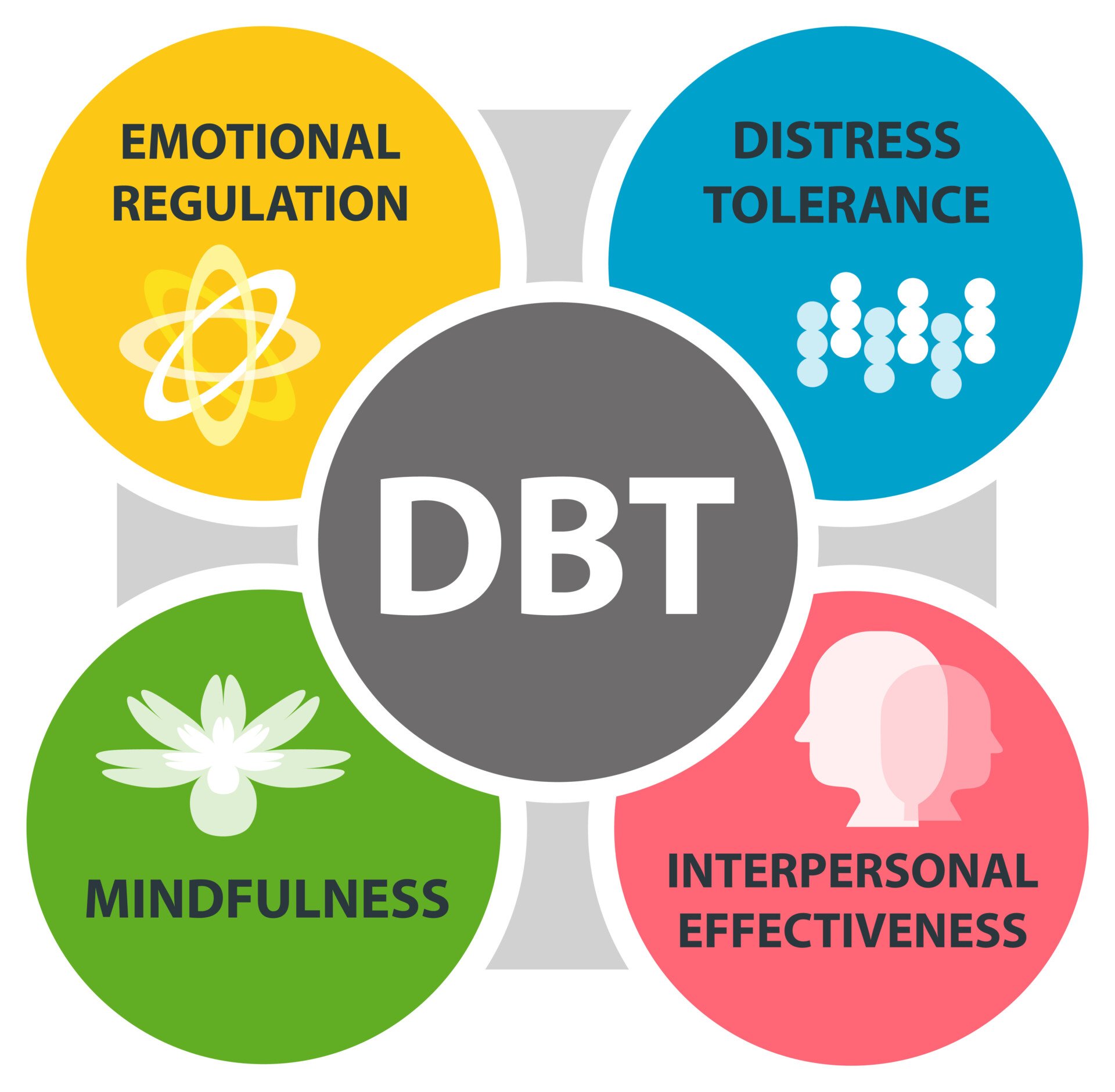Coping With ADHD: Exploring The Effectiveness Of Group Support

Table of Contents
Understanding the Unique Challenges of ADHD
ADHD, or Attention-Deficit/Hyperactivity Disorder, is characterized by persistent patterns of inattention, hyperactivity, and impulsivity. These ADHD symptoms can significantly impact daily life. Inattention might manifest as difficulty focusing on tasks, easily getting distracted, or struggling to follow instructions. Hyperactivity can include excessive fidgeting, restlessness, and difficulty staying still. Impulsivity often leads to interrupting others, acting without thinking, and making hasty decisions.
Beyond the core symptoms, individuals with ADHD often face significant emotional and social challenges:
- Difficulties with organization and time management: This can lead to missed deadlines, lost items, and general feelings of being overwhelmed.
- Strained relationships: Challenges with impulse control and communication can impact personal and professional relationships.
- Low self-esteem: The constant struggle with daily tasks and social situations can lead to feelings of inadequacy and self-doubt.
- Impact on daily life and work/school performance: Difficulties with focus, organization, and emotional regulation can affect academic achievement, career progression, and overall life satisfaction.
These ADHD struggles are very real, and understanding their impact is the first step towards effective coping.
How Group Support Addresses ADHD Challenges
ADHD support groups offer a safe and validating environment where individuals can share their experiences without judgment. This shared experience helps alleviate feelings of isolation, a common struggle for those with ADHD. The power of peer support is invaluable; learning from others' coping strategies and hearing that you're not alone is incredibly empowering.
Group therapy, a form of ADHD therapy, provides a structured setting where individuals can learn and practice effective coping mechanisms. The benefits are numerous:
- Improved self-awareness: Understanding your own patterns and triggers is crucial for managing ADHD.
- Increased self-esteem: Connecting with others who understand your experience can significantly boost self-confidence.
- Enhanced coping skills: Learning and practicing new strategies directly from others in the group.
- Reduced stigma: Sharing your experience helps reduce feelings of shame and isolation.
The role of a trained group facilitator is vital. They guide discussions, offer support, and ensure a productive and safe environment for all participants.
Specific Benefits of ADHD Support Groups
Beyond the general benefits of group therapy, ADHD support groups offer specific advantages:
- Practical skill-building workshops focusing on time management tips and ADHD organization strategies. Sharing real-life experiences and strategies helps solidify learning.
- Emotional support and validation: Group settings provide a place to share feelings of shame, guilt, and inadequacy, helping to normalize these experiences.
- Access to shared resources and networking opportunities: Connecting with others can lead to valuable friendships and support networks.
- Development of strong emotional regulation skills through shared coping strategies.
These ADHD strategies learned within the group environment are invaluable for navigating daily life.
Finding and Participating in Effective ADHD Support Groups
Finding the right ADHD support group is crucial for a positive experience. Consider these avenues:
- Online ADHD groups: Many online forums and communities provide support and connection.
- Local mental health organizations: Check with your local mental health centers or hospitals.
- Support group directories: Numerous online directories list support groups by location and focus.
When choosing a group, consider your individual needs and preferences. Look for groups that align with your age, specific challenges, and preferred communication style. Remember, active participation is key to maximizing the benefits. Creating a supportive and respectful environment within the group is a shared responsibility, fostering a sense of belonging and collective growth. Finding an ADHD support group near me should be your first step.
Empowering Yourself Through Coping with ADHD: The Role of Group Support
In conclusion, group support plays a significant role in effective coping with ADHD. The benefits are clear: from improved organization and time management skills to increased self-esteem and reduced feelings of isolation, ADHD support networks empower individuals to take control of their lives. Seeking help and support isn't a sign of weakness but rather a testament to your strength and commitment to well-being.
By actively participating in a supportive group, you can learn valuable coping mechanisms, build strong relationships, and embark on a journey toward a more fulfilling and manageable life. Start your journey towards effective coping with ADHD by exploring the power of group support today!

Featured Posts
-
 Fussball Oesterreich Pacult Raus Jancker Rein In Klagenfurt
Apr 29, 2025
Fussball Oesterreich Pacult Raus Jancker Rein In Klagenfurt
Apr 29, 2025 -
 Tremor 2 Netflix Series Kevin Bacons Potential Return Explored
Apr 29, 2025
Tremor 2 Netflix Series Kevin Bacons Potential Return Explored
Apr 29, 2025 -
 Shen Yuns Upcoming Performance In Mesa
Apr 29, 2025
Shen Yuns Upcoming Performance In Mesa
Apr 29, 2025 -
 Goldblum Family Day Out A Trip To Italy And A Football Game
Apr 29, 2025
Goldblum Family Day Out A Trip To Italy And A Football Game
Apr 29, 2025 -
 Wrexham Afc Promoted Ryan Reynolds Celebration Highlights
Apr 29, 2025
Wrexham Afc Promoted Ryan Reynolds Celebration Highlights
Apr 29, 2025
Latest Posts
-
 The Challenges Of Our Yorkshire Farm Reuben Owens Perspective
Apr 30, 2025
The Challenges Of Our Yorkshire Farm Reuben Owens Perspective
Apr 30, 2025 -
 Growing Up On Our Yorkshire Farm Reuben Owens Biggest Struggle
Apr 30, 2025
Growing Up On Our Yorkshire Farm Reuben Owens Biggest Struggle
Apr 30, 2025 -
 Nine Children And A Farm Amanda Owens Family Life In Pictures
Apr 30, 2025
Nine Children And A Farm Amanda Owens Family Life In Pictures
Apr 30, 2025 -
 Our Yorkshire Farm Amanda Owen Faces Fresh Complaints Following Channel 4 Announcement
Apr 30, 2025
Our Yorkshire Farm Amanda Owen Faces Fresh Complaints Following Channel 4 Announcement
Apr 30, 2025 -
 Our Farm Next Doors Amanda Owen Shares Family Photos
Apr 30, 2025
Our Farm Next Doors Amanda Owen Shares Family Photos
Apr 30, 2025
